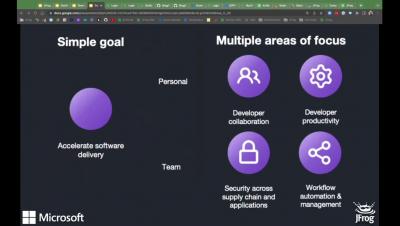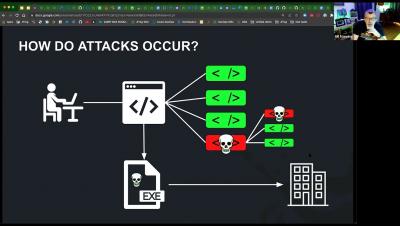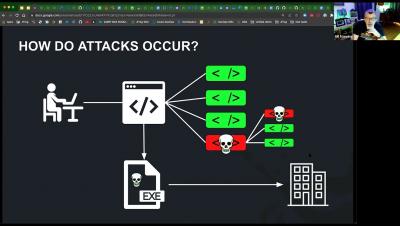Security | Threat Detection | Cyberattacks | DevSecOps | Compliance
June 2022
CVE-2022-30522 - Denial of Service (DoS) Vulnerability in Apache httpd "mod_sed" filter
This past March we posted an analysis of a vulnerability in the Apache HTTP Server mod_sed filter module, CVE-2022-23943, in which a Denial of Service (DoS) can be triggered due to a miscalculation of buffers’ sizes. While analyzing this Apache httpd vulnerability and its patch, we suspected that although the fix resolved the issue, it created a new unwanted behavior. Our suspicion turned out to be true: we discovered that another way to cause a DoS was introduced.
DevSecOps 101: Presenting Pyrsia
CVE-2022-25845 - Analyzing the Fastjson "Auto Type Bypass" RCE vulnerability
A few weeks ago, a new version for Fastjson was released (1.2.83) which contains a fix for a security vulnerability that allegedly allows an attacker to execute code on a remote machine. According to several publications, this vulnerability allows an attacker to bypass the “AutoTypeCheck” mechanism in Fastjson and achieve remote code execution. This Fastjson vulnerability only recently received a CVE identifier – CVE-2022-25845, and a high CVSS – 8.1.
Monthly JFrog Xray Demo
Denial of Service Vulnerability in Envoy Proxy - CVE-2022-29225
The JFrog Security Research team is constantly looking for new and previously unknown software vulnerabilities in popular open-source projects to help improve their security posture. As part of this effort, we recently discovered a denial of service (DoS) vulnerability in Envoy Proxy, a widely used open-source edge and service proxy server, designed for cloud-native applications and high traffic websites.









